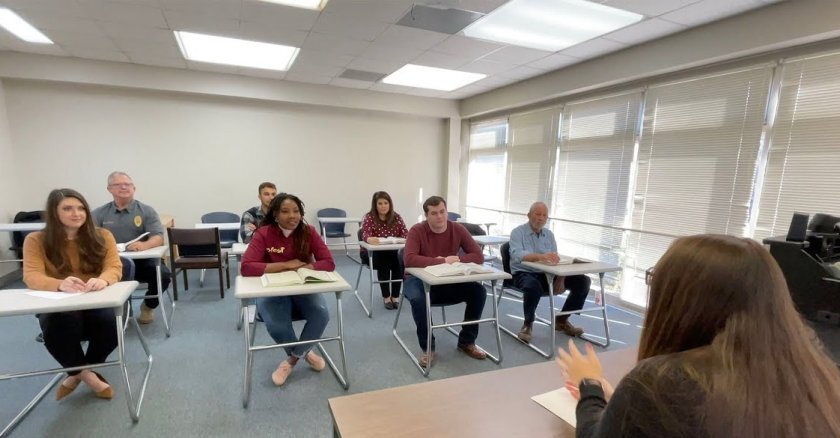Yet few are winning.
For every 100 job opportunities that have removed degree requirements, fewer than four additional non-degreed workers are hired. It’s not clear how many of these hires come from marginalized communities, but prior experience would suggest it’s very few, if any. At the same time, sectors like hospitality, professional services and retail continue to struggle to find talent, with millions of open positions on the books.
But by using innovative wage subsidy programs and other public-private partnerships, government and nonprofit leaders can augment the skills-based hiring model and build better routes from the training room to the workplace. Ensuring that workers with the right skills get the opportunity to demonstrate them is the ideal place to start.
A college degree was once the most reliable predictor for worker productivity and career progress. This isn’t the case anymore. Today, skill drives employee and employer success. As a result, accelerated industry credentialing programs are more common, but employers are often reticent to hire people who graduate from them.
The city of San Antonio saw this firsthand after launching its $200 million Ready to Work initiative in 2022. The program aims to reduce poverty among 15,000 families through intensive case management, low-cost or no-cost job training, and placement support for open roles at 300 participating local businesses. After the first year, less than 50 percent of participants were placed in jobs within six months.
That led to a new program feature added in 2023 to increase placement rates: internships in the form of “working interviews,” where Ready to Work graduates are matched to open positions and paid for six weeks. Unlike other wage subsidy programs, a staffing agency acts as the employer of record to reduce risk for participating businesses. For each intern who completes a working interview and is hired full time, employers reimburse the city at least $5,000, which is used to sponsor additional interns.
This extra programmatic support helps newly trained workers transition into the workforce and encourages full employer participation by giving them the structural and financial cushion they need to test new sources of talent.
But matching people to good jobs is only the first step in realizing the promise of skills-based hiring. Many workers, particularly those from underrepresented communities or with nontraditional backgrounds, need additional support beyond training and placement, including help preparing for interviews, developing soft skills and navigating everyday hurdles like child care and transportation.
This reality influenced how Los Angeles County created the Transitional Subsidized Employment Program, an initiative that since 2009 has helped workers enrolled in Temporary Assistance for Needy Families find government-subsidized, paid job placements and access support services that ease their transition into the conventional workforce.
The program has placed thousands of people into jobs and generated significant wage gains among those who received support services, which include child care, mental health and substance use counseling, tax counseling and transportation. This approach helps people address health challenges or logistical worries so they can focus on further developing and deploying their skills to create new opportunities for themselves and their employers.
Skills-based hiring holds as much promise as it did more than a decade ago when it first entered the mainstream, but more must be done to ensure the model meets expectations and delivers wins for both workers and businesses. Luckily, the fixes are out there, driving victories in communities across the country.
Matt Latimer is a director at Social Finance, a national nonprofit that helps governments deliver better results. Social Finance worked with Ready to Work to create its internship program.
Governing’s opinion columns reflect the views of their authors and not necessarily those of Governing’s editors or management.
Related Articles













